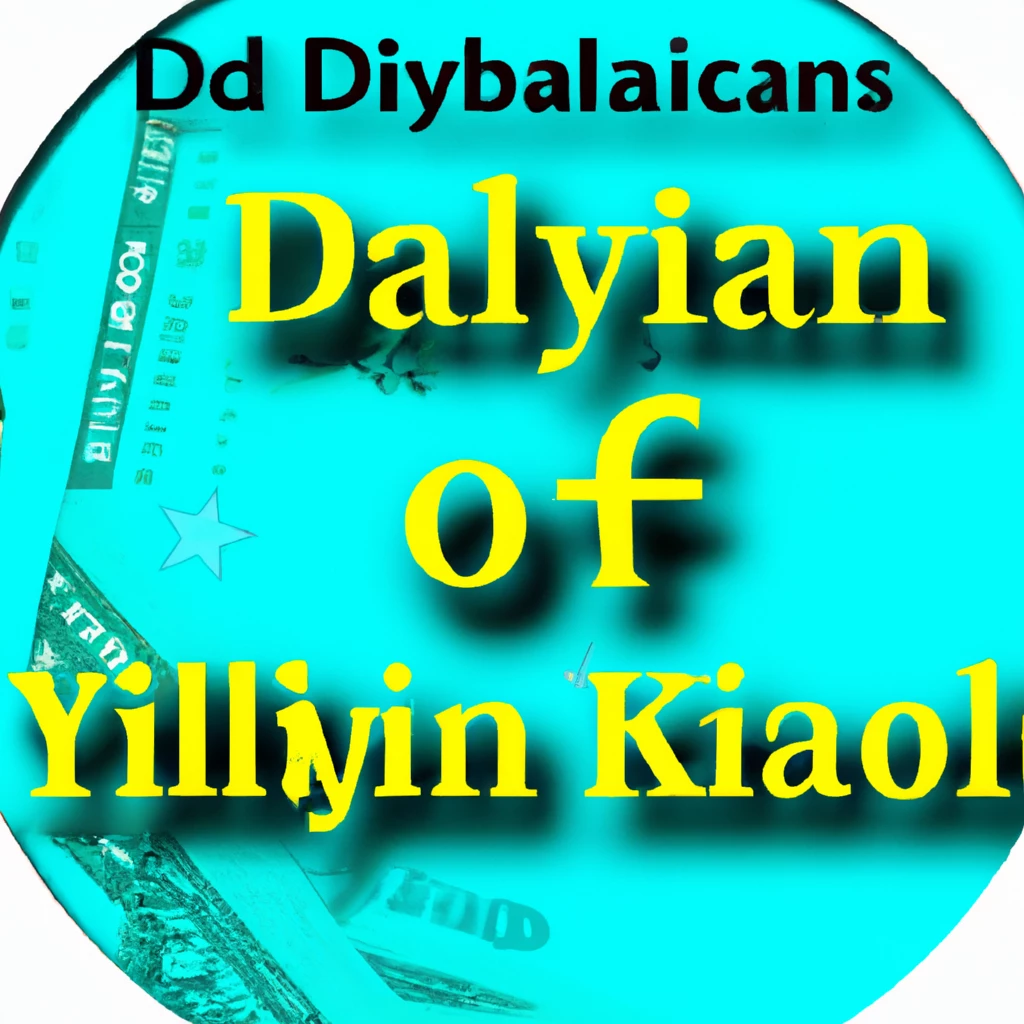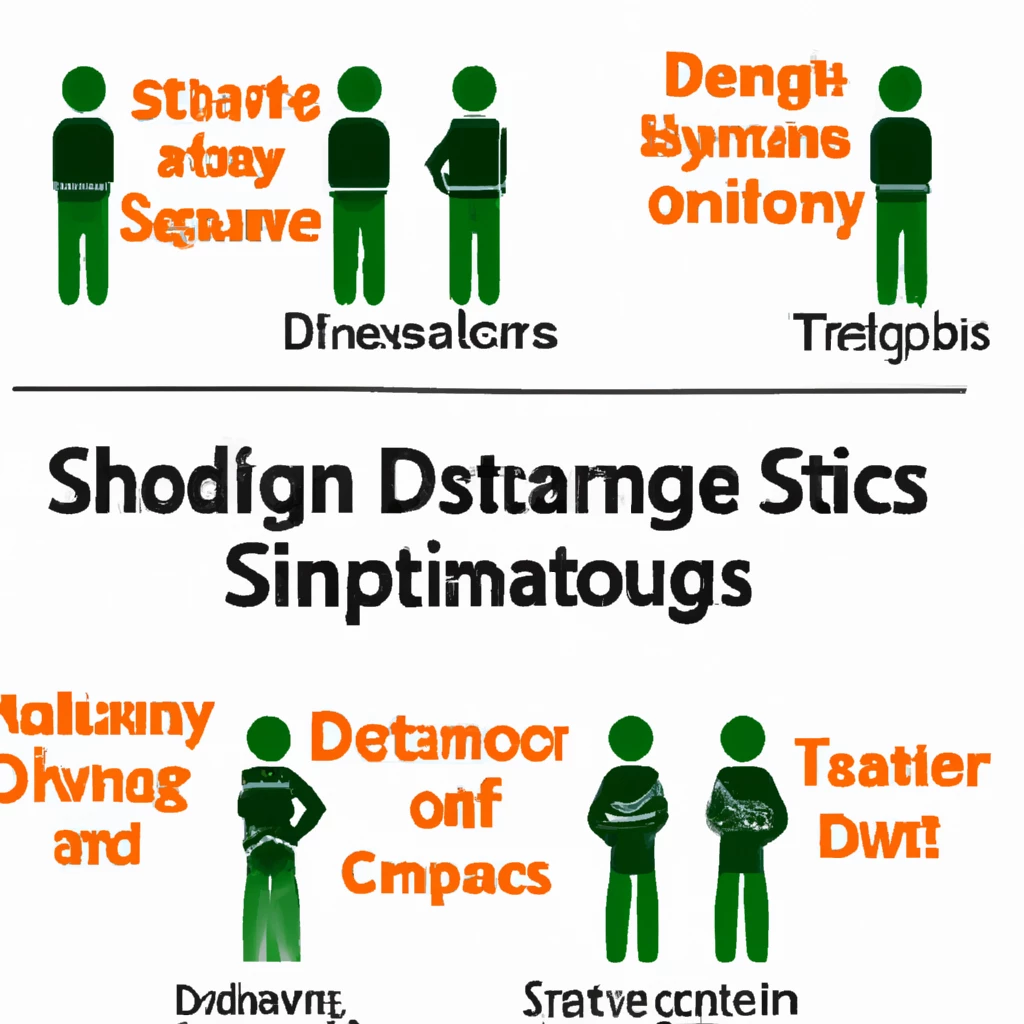
What Is a Private Currency?
Private currencies are units of value issued by private entities, such as corporations or nonprofits, offering an alternative to national or fiat currencies that serve as standard tender in a country. As a result, these currencies do not hold legal tender status.
Key Takeaways
- Private currency refers to value and exchange instruments issued and managed by private entities like corporations, often for the benefit of their members.
- In the past, company towns frequently utilized private currencies, known as scrip, distributed by employers for purchasing essentials from company stores.
- While private currencies are not legal tender and might be prohibited in some regions, the emergence of cryptocurrencies could fuel the resurgence of digital private currencies.
Understanding Private Currencies
Private currencies, historically exemplified by company scrip issued to workers by employers, were limited to use at company-owned stores. This practice was prevalent during the 19th century in the U.S. and Europe, particularly in remote mining towns spawned by the industrial revolution.
Private currencies have existed in the United States since the mid-1800s and are still operational in some localities. Despite legal restrictions in many countries, thousands of private currencies are estimated to circulate across numerous nations globally.
Despite challenges like limited liquidity, reduced choice for businesses and consumers, trust issues, and complexities of dual currency systems, many private currencies struggle to sustain longevity. To address these challenges, private currencies are often backed by physical commodities such as gold or silver, enhancing asset security and stability against inflation.
Special Considerations
Cryptocurrency, a decentralized digital currency utilizing cryptography for transaction protection and currency creation regulation, gained prominence when Bitcoin launched in 2009. Despite high risk and volatility, digital currency usage has surged.
Although facing technological and legal hurdles, digital currencies are foreseen to evolve beyond a passing trend. Economists and experts anticipate cryptocurrencies could integrate into the mainstream financial realm, potentially altering national currency dynamics and facilitating digital asset trading.
El Salvador made history in June 2021 by adopting bitcoin as legal tender.
Given the open-source nature of blockchain-based cryptocurrencies, virtually anyone with basic programming skills can create and promote their private digital currency.
Private vs. Local Currency
Contrary to private currencies, local currencies derive from communities or local governments, aiming to stimulate local economic activities rather than being issued for internal use by private entities.
Examples like the Ithaca HOUR, circulated in Ithaca, New York, between 1991 and 2011, and BerkShares, issued in the Berkshires region of Massachusetts since 2006, illustrate local currency systems fostering community-based transactions.
Is Bitcoin a Private Currency?
Bitcoin is one of the least private major cryptocurrencies. Transactions are publicly recorded on a blockchain ledger, including transaction amounts and alphanumeric IDs. While wallet addresses offer some anonymity, if revealed with a known identity, they compromise privacy.
Is the U.S. Dollar Private Currency?
As a government-issued currency regulated by a central bank, the U.S. dollar is not a private currency.
Is It Illegal to Create a Currency?
Attempting to introduce coins or currencies to compete with the U.S. official currency is prohibited under Article 1, Section 8, Clause 5 of the U.S. Constitution. While scrip, vouchers, and barter systems are permissible among consenting parties, circulating private currencies is strictly prohibited.







